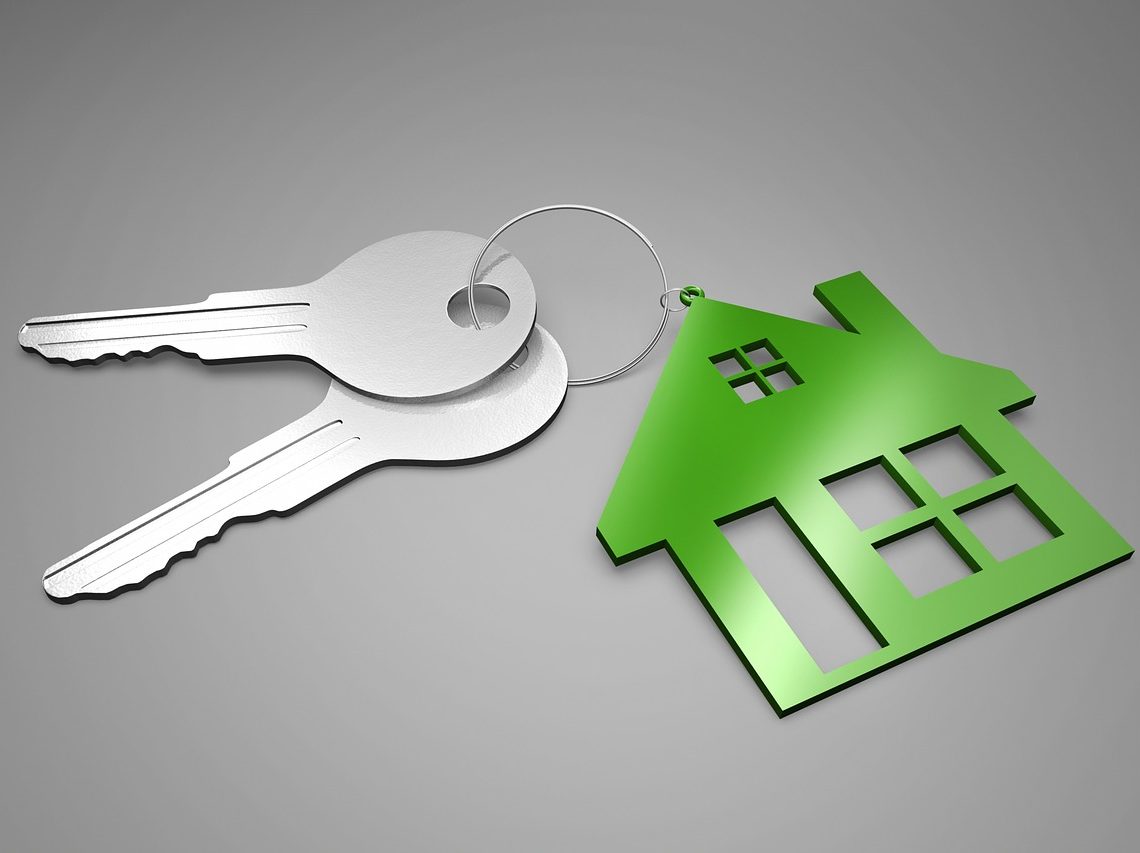Landlord 101: 3 Bad Habits that Put New Landlords at Risk

Becoming a landlord is not easy. It requires a lot of work and a mindset that is open to permanent learning. There is a science to being a good landlord and here are three bad habits that should be avoided at all costs:

Tenant’s rights? What rights?
Table of Contents
I’ve heard it over and over again from DIY landlords and it’s scary. For instance, it’s my house, I don’t need to give notice for me to make an entry. Or I don’t want (insert ethnicity) in my home. Terrible that in this day in age things like this still exist, but they do and they entail a huge risk.
I’ll get to that maintenance request when I have time
We also hear this one frequently. Often times there is no sense of urgency and tenant’s needs are not always met. When it comes to habitability maintenance, time is of the essence. Even though non-habitability maintenance can seem much less urgent, it’s always best to fix items as quickly as possible. As landlords, we want tenants to pay on time and as residents, they want maintenance handled on time. Given the opportunity, they’ll find any reason to pay late, so don’t give them a reason like having outstanding maintenance. Do your best to get work done timely.
No pets allowed!
We know that a dog or a cat can do damage to property. However, in most cases, pets don’t damage the home. There are several steps you can take to help reduce the risk of pet damage. First, screen pets just like you would their owners. Inquire if they have their shot records and call previous landlords to ask if there was any pet damage. Is the dog on the vicious dog list that many insurance companies produce? Also, should the tenant carry extra liability insurance on the dog or cat? Can you raise their deposit of the excess risk or maybe even charge a pet fee and/or additional pet rent? There are many ways to look at this and find a solution. Approximately 62% of all renters have a pet of some sort and you may not always want to limit your tenant selection to only those that don’t have pets.
Remember that creating habits that encourage a positive relationship with your tenants will go a lot further than creating tough situations. We recommend knowing the laws that govern tenants and landlords like the back of your hand and doing what it takes to have a happy tenant. If you’d like more information on how to avoid sticky situations or have another example, we’d love to hear about it at hello@homevault.com!



Leave a Reply